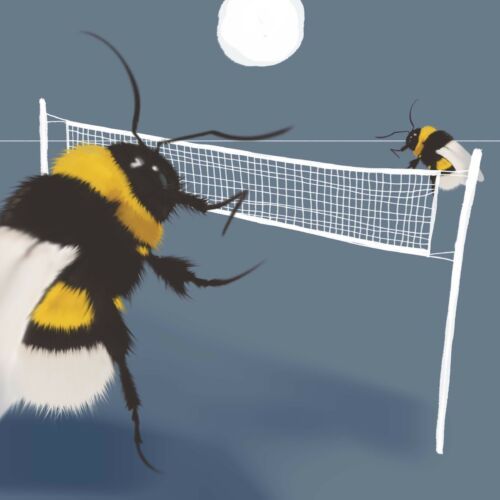Dangerous and illegal fishing and ghost fishing gear
More than 100,000 people die each year in fishing-related accidents. According to a report based on research conducted by the Fish Safety Foundation on behalf of the Pew Charitable Trusts, the causes are abuse by fishing fleet operators, the use of child labour, overfishing, climate change, armed conflict and poverty. Private, artisanal fishing is also increasingly risky, for example, because of the migration of fish into deeper seas.
Fishing vessels turn off their Automatic Identification Systems (AIS), hiding up to 6% of global fishing activity. Researchers at the University of California, Santa Cruz, have discovered geographical hotspots where vessels turn off AIS (including West Africa, the Argentine coast and the Pacific Northwest). Illegal, unreported and unregulated fishing is likely taking place in these locations. They account for ⅕ of the world’s catches, causing up to US$23.5 billion of economic losses annually. AIS is not universally required.
Abandoned, lost or discarded fishing gear (ALDFG) – “ghost gear” – is marine waste, including fishing nets, ropes, lines, traps and other fishing accessories, mostly made of plastic. It is estimated that 500,000 and one million tons of this type of equipment are dumped into the seas yearly. Most of the waste can be attributed to the five industrialised fishing nations: the USA, Japan, South Korea, China and Taiwan. According to the WWF, entanglement or entrapment in ghost gear can affect 66% of marine animals, including all species of sea turtles and 50% of seabirds.























